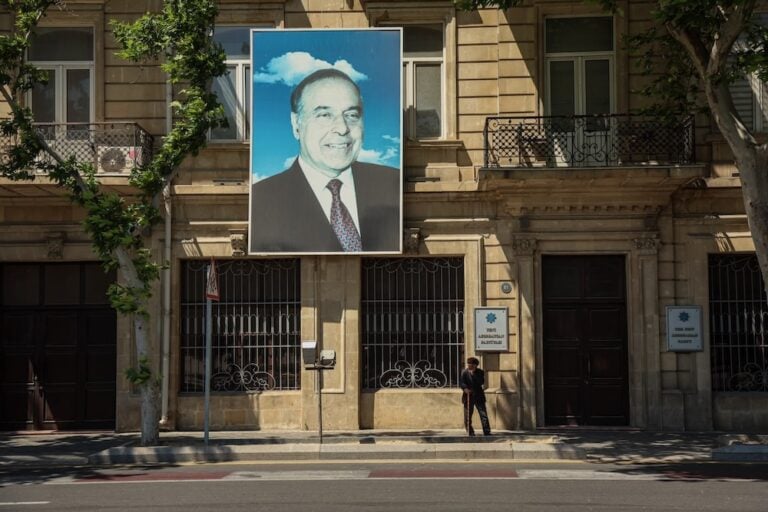The Emirati Federal Supreme Court sentenced 20 Egyptians residing the UAE and 10 Emirati citizens to a range of prison terms on charges of establishing a Muslim Brotherhood branch and gathering funds to support the Brotherhood in Egypt.
The Arab Network for Human Rights Information (ANHRI) condemned the verdict delivered by the Federal Supreme Court in the United Arab Emirates over the case of 20 Egyptian citizens and 10 Emirati citizens accused of establishing a Muslim Brotherhood branch in the country.
On 21 January 2014, the court sentenced 20 Egyptians residing in the UAE were handed down sentences ranging between four and five years in prison and deportation after completing their time in prison. Nine Emirati citizens were sentenced to a year and three months in prison, while Saleh Al-Zufiri, an Emirati sheikh was sentenced to four years and 3 months in prison. They were all accused of establishing a Muslim Brotherhood branch, covering it up, and gathering funds to support the Brotherhood in Egypt. Each defendant was also fined 3000 Emirati Dirhams ($US 816), their properties’ were confiscated and the group was dissolved.
Emirati security forces arrested the Egyptian citizens at the end of 2012. They were sent to secret prisons and prevented from communicating with their families or lawyers until transferred to Al-Wathba prison in June 2013. This decision came after the UAE State Security Public Prosecutor Rashid Ahmed Al-Dhanhani announced that the Egyptian detainees together with the Emirati ones were to be referred to the Federal Supreme Court, which began the first hearing on 5 November 2013.
The trial, which lasted for five hearings, was marred by several issues that violated fair trial principles. The detainees did not receive files of the full case till the night of 19 January although they repeatedly demanded to know what they had signed on to during their detention in secret prisons. In addition, Detainee Abdel Hamid Al-Kemiti’s lawyer was prevented from meeting with this client in Al-Razeen prison in December 2013, despite being given the approval by a judge to meet with him. As a result, the defence team did not attend the hearing knowing that it would be a politicized trial where the security forces had full control over the case and where the Emirati judiciary served as a tool of the ruling regime.
“The verdict issued by Federal Supreme Court is a continuation of the harsh judgments that have been recently issued by Emirati courts; one of those most salient verdicts is sentencing 69 activists, lawyers and reformers to various sentences over the now-prominent “UAE 94″ case,” said ANHRI. “Additionally, sentences have been issued against a large number of bloggers and opinion makers who stood up for the detainees.”
The sentences are based on certain vaguely-worded articles of the Federal Pane Code around harming national unity and social peace. The court relied on the flexibility of the phrasing of these articles to convict the detainees.
ANHRI calls upon the Emirati authorities to drop all accusations against the detainees and to immediately release them.


